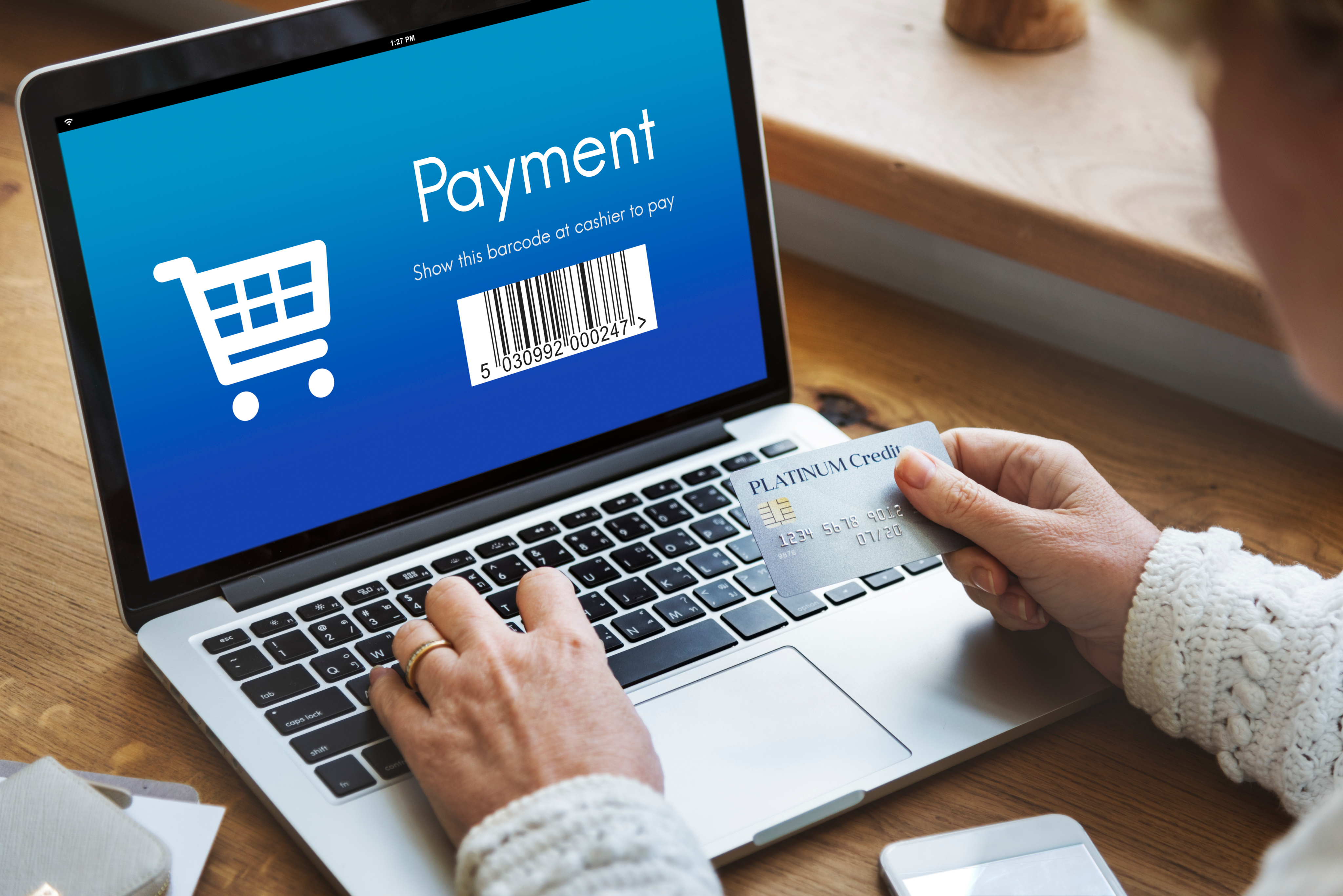To be able to operate legally, every business is required to have a bank account. To then be able to accept credit and debit card payment, that business requires a merchant account. When the customer makes a payment, it is held by the acquiring bank.
The payments, once approved by the customer’s bank, are then received in the merchant account. A common mistake that people make is to confuse a merchant account with a regular business account. Both of them mean different things.
What is a Merchant Account?
Let’s try to understand what is a merchant account through an example. For example, a customer name Smith uses his credit card on your business website to make a purchase. The card details of Smith are sent to the merchant account.
The acquiring bank is the one that approves or rejects the payment for the merchant account. The acquiring bank checks the details of the card with the relevant card association. These could be Visa, Mastercard, and so on.
Once it is confirmed by the customers’ card association that Smith actually has the necessary funds, the transaction is approved. The actual funds are then transferred to you within the agreed-upon time between you and the payment service provider.
To sum it up, the merchant account is the safe place where the funds transferred sit patiently while the banks or card association confirm that the details provided are correct.
Factors To Keep In Mind When Opening A Merchant Account
If you are an e-commerce business owner, then below mentioned are some factors to keep in mind when choosing the payment processing provider for your merchant account. This is especially important if you have a high-risk merchant account.
Rates And Fees
Depending on the volume of card transactions that need to be processed, the merchant account fees will vary. The more money you receive from card payments every year, the lesser will be the rates of the provider.
There are two types of fees that you can incur. The first is the monthly charge and the second is the charge per transaction. Ask the provider for a full list of charges that includes fees that need to be paid for debt or credit card transactions, authorization fees, service charges, and so on.
Chargeback Fees
If you have a high-risk merchant account, then the chargeback fee is a factor that should be taken seriously into consideration. This is because businesses that qualify as high-risk generally have more chargeback from customers.
When the fees are high for such chargebacks, you could end up paying a lot to the customers’ bank and all other institutions that are involved. Some providers even go to the extent of closing your account if the chargebacks are too high and frequent.
How To Choose The Right Provider For Processing Online Payments?
The provider you choose will make a big difference to your business. Choosing one that has a low fee and stable contract terms is super important. It will help you weigh all the options before signing the actual contract.
If you are ready to talk to the right providers, then Get started with Transcend Pay now! There are no charges for consultation and the whole process of sign up is quick and easy.
Save yourself some time and money in the future by choosing Transcend Pay.











